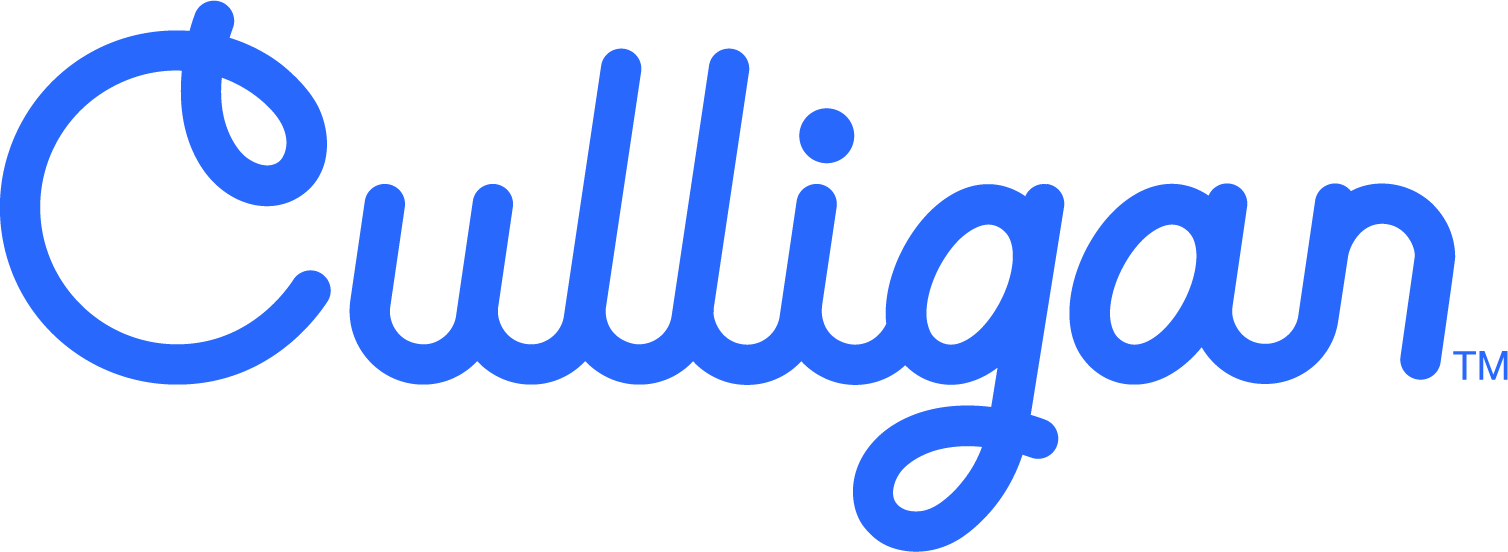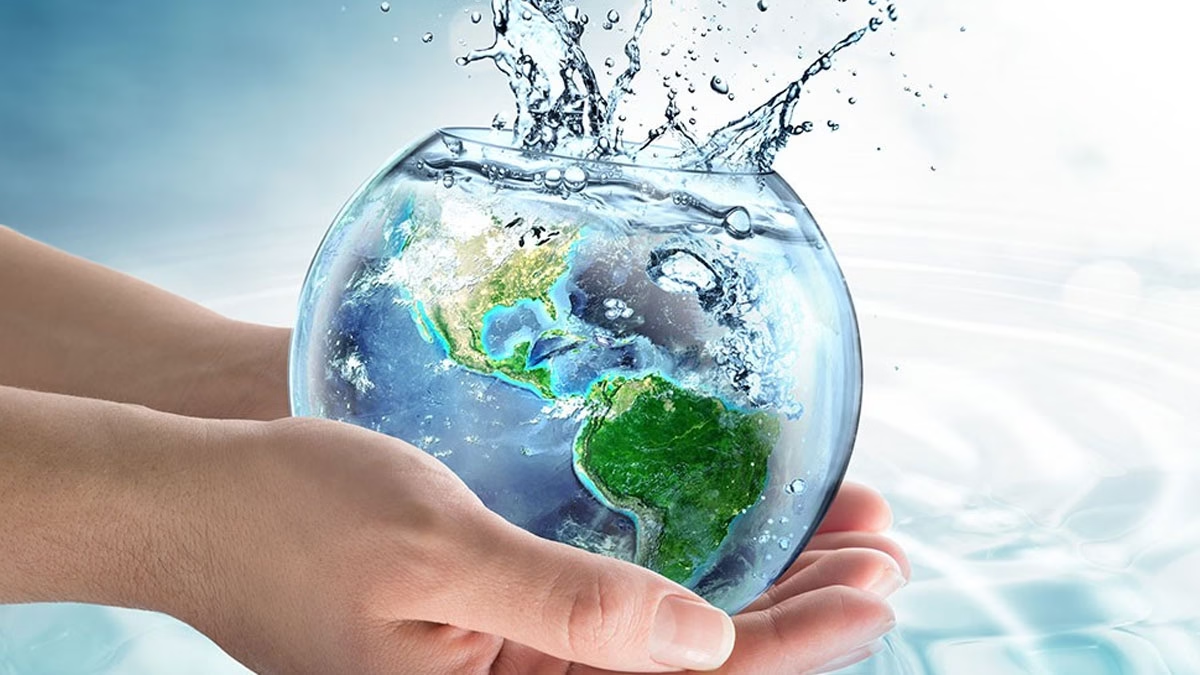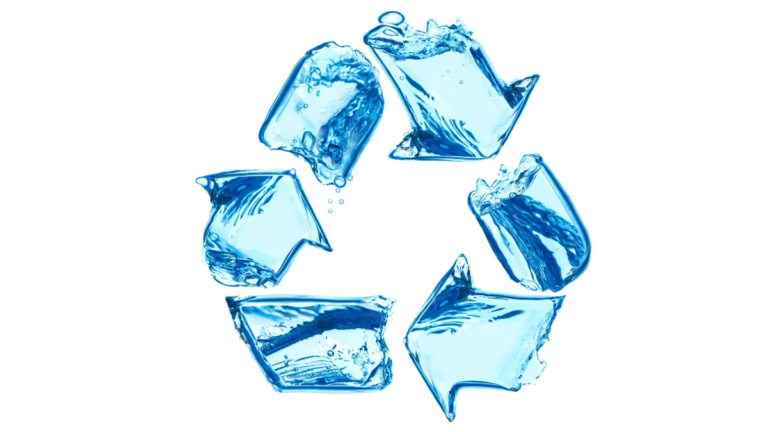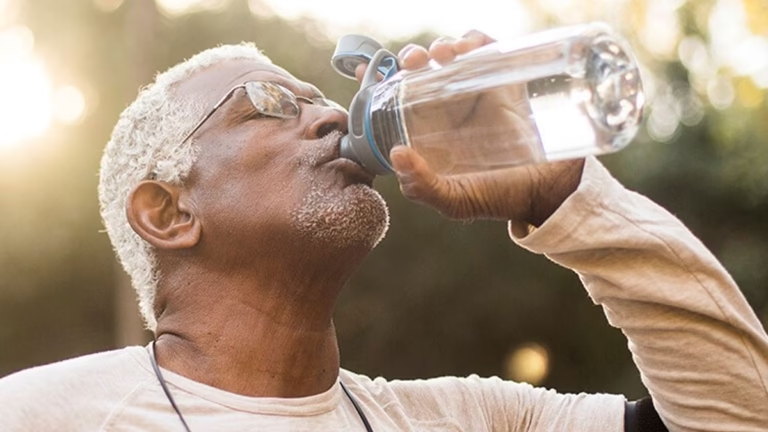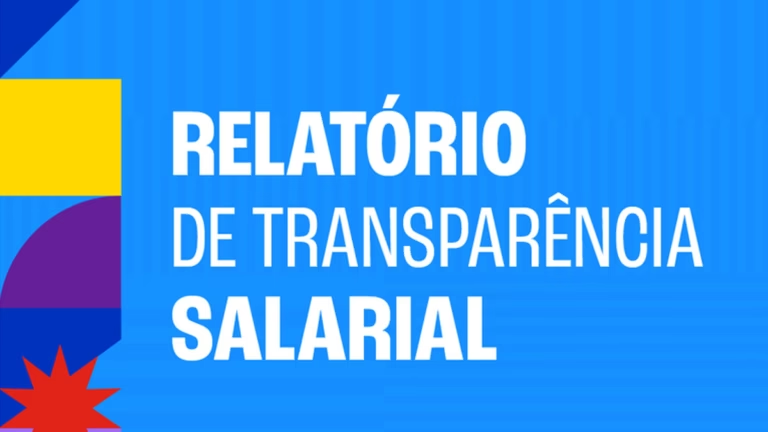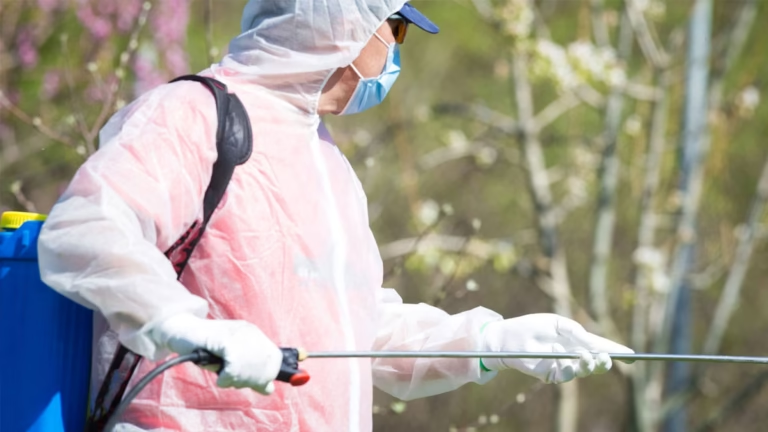Brush your teeth; wash your face; make coffee; take a shower; cook rice. You are probably familiar with this morning routine, or at least something close to it. Have you ever stopped to think that most of our daily activities depend on water?
From personal hygiene to the food on our plates (from planting to preparation), everything comes down to water. Can you imagine a life with this resource being rationed?
Unfortunately, the lack of water is a problem that future generations will most likely have to live with. And although estimates point to a long-term crisis, actions to overcome this forecast must be taken now. And it is everyone’s task.
On March 22, World Water Day, we have listed some essential habits for preserving water to inspire you to join this chain of good.
It is necessary to democratize access to drinking water throughout the world. And fast!
Not everyone knows, but access to clean water and sanitation is part of the essential human rights recognized by the UN (United Nations). Not satisfied, the UN also published an exclusive document for water, the Universal Declaration of the Rights of Water.
Despite this, the distribution situation of this very important natural resource in safe and potable conditions is still precarious. An aggravating factor for this situation is the concentration of contaminating pesticides in the water, which, according to the Information System for Monitoring the Quality of Water for Human Consumption (Sisagua), were present in 92% of the tests carried out in 2017.
The presence of these substances in the water – such as pesticides, fungicides and insecticides – considerably increases the risk of hormonal interference, which can lead to serious dysfunctions, such as early puberty and serious health complications caused by the probable carcinogenic content.
When we look directly at Brazil, the scenario is no different. Despite the country having the largest concentration of fresh water in the world, 30 million Brazilian citizens live without a water supply. This portion of the population depends on their own initiatives to obtain the liquid, such as drilling wells.
The problem is that this and other initiatives implemented when the supply of drinking water does not reach people present serious risks of contamination, which can cause serious damage to health and even lead to death.
Thinking about getting the population out of this situation of helplessness and imminent risk, the UN included the theme “drinking water and sanitation” in its 2030 Agenda for Sustainable Development.
The 2030 Agenda is a sustainable development plan initiated by the UN, which in September 2015 brought together representatives of the 193 member states of the Organization to develop the document “Transforming Our World: The 2030 Agenda for Sustainable Development”. At this meeting, the nations committed to setting goals and objectives to leverage sustainable development over the next 15 years.
In order for this goal to be achieved, no one can be left behind. It is precisely this impactful phrase that UNICEF – the United Nations International Children’s Emergency Fund – relies on to raise awareness about the urgency of promoting actions to reduce social inequality and enable access to natural resources for basic needs for present and future generations.
There are countless public and private initiatives to help us achieve this goal, but it takes a lot of hard work to raise awareness among people to exercise their civic role in reducing water waste.
Turning off the taps is not enough. Think sustainably!
In the context of public management, it is the State’s responsibility to find solutions to improve the management of water resources in order to distribute them more fairly and reach regions that are more difficult to access, providing quality water and basic sanitation.
For companies and other institutions, the homework is to study smarter and more ecological strategies to reduce water use in their processes and, when this reduction is not possible, to use it for intelligent reuse.
For people at home, the mission is a little less complex, but just as important. The truth is that, if we added up the amount of water wasted in a week during our routine, we would be embarrassed by the result.
That’s why we’ve listed some habits to put into practice today and sleep with a clear conscience:
The classic, but necessary: We don’t always need water to clean the yard and sidewalk
For everyday use, we can clean with a broom and dustpan kit and leave the heavy cleaning with water and cleaning products to be done less frequently, when it is really necessary.
Even so, the ideal is to reuse the water discarded when washing clothes for this cleaning, no waste.
If you are not convinced, know that a three-quarter inch hose (conventional model) uses about 600 liters of water every 30 minutes of use. If we think about the average recommended water consumption per day – about 2 liters – that is almost 10 months of hydration.
This can be a starting point!
Watch out for leaks
A major culprit in controlling water waste at home is leaks, which can originate in the water system or in the taps themselves.
To avoid the inconvenience and ensure that water is not wasted, it is important to watch for the appearance of drips, stains on the paint, mold or even noises that may indicate a leak.
Another tip is to keep an eye on the water meter (clock) in the home. One option is to check the water meter’s operation manually: observe if the pointer changes within an hour.
A more practical alternative is to check your water bill and, if there are sudden changes in the amount and volume consumed, contact a technician for an assessment.
Never, ever, under any circumstances pollute the streets with packaging or dispose of oil in domestic plumbing
Small acts that may seem innocent at the time are very harmful to the water supply chain. This is because the incorrect disposal of such pollutants causes immeasurable degradation in rivers, leading to pollution of these waters and affecting aquatic life.
As much as we have grown up under the culture of water abundance, we cannot forget that fresh water is a finite natural resource. Not only the excessive use but also the pollution of this resource generates an ecological impact that is often irreversible.
Spread this change!
These are just examples of what we can do in our daily lives to reduce our environmental impact when it comes to water consumption. The most important thing is awareness, we need to recognize the importance of caring for water and spread this change among our social circle.
Be an ambassador for this movement.
Practice conscious consumption by choosing brands that are committed to this cause!
It is important that responsibility for water resources goes beyond our homes and our role as citizens, but also extends to companies and is a criterion for our purchasing and consumption choices. After all, adopting a more sustainable lifestyle involves all of this.
Culligan, a world leader in water treatment of which IBBL is a part, is proud to practice social responsibility through practical actions that make a real difference and is an example of a brand committed to sustainable development.
That’s why Culligan Cares was created, a philanthropic project that aims to help individuals, families and communities stay hydrated with clean water, considering the sad scenario of restricted access to drinking water for people in socially vulnerable situations.
Since arriving in Brazil through IBBL, Culligan has been gathering ideas to develop projects that contribute to Brazilian demands regarding access to drinking water, health and quality of life. All to reduce the gap between clean water and people who don’t have it and make the world a better place through water.
Continue following the articles on #BlogIBBL and our official pages to stay up to date with all the news and support these projects being put into practice.
For IBBL, water is more than just a natural resource essential to life, it is our strength and reason for existing. That’s why, for us, the best way to honor it on this day is to help you preserve it.
Be sure to share your tips for saving water in your daily life in the comments!
